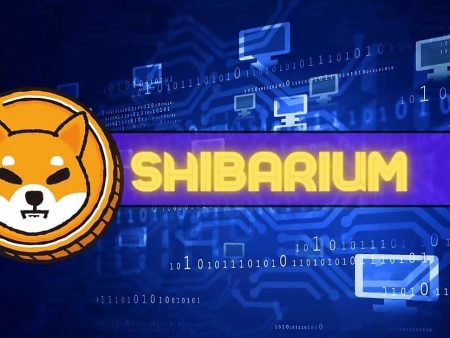Internet of Things (IoT) is a technological revolution that is changing the world around us, connecting devices, machines and everything through the Internet. But IoT also has another potential aspect, which is the combination with blockchain and crypto technology, creating a more secure, transparent and efficient ecosystem.
With this article from AZCoin, we will explore the world of IoT Crypto, learn about the huge potential it brings to the future of technology and why it is a remarkable trend.
What is the Internet of Things (IoT)?
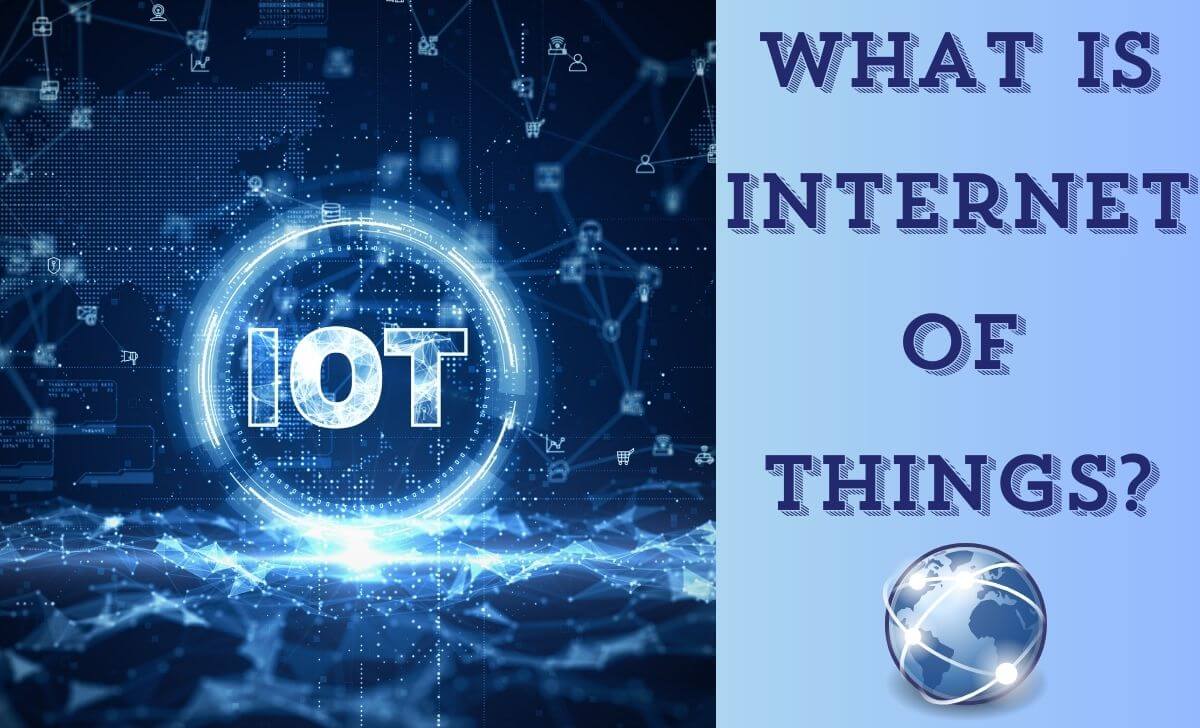
The Internet of Things (IoT) is a network of physical devices embedded with sensors, software, networks and other technologies that allow these devices to collect and exchange data. These devices can be anything from smartphones and laptops to home appliances, cars and even medical devices.
History of the Internet of Things
The concept of IoT has been around since the 1980s, when researchers began connecting devices together via the Internet. However, it was not until the 2000s, with the rapid development of wireless networking technology, sensors and data processing, that IoT really exploded.
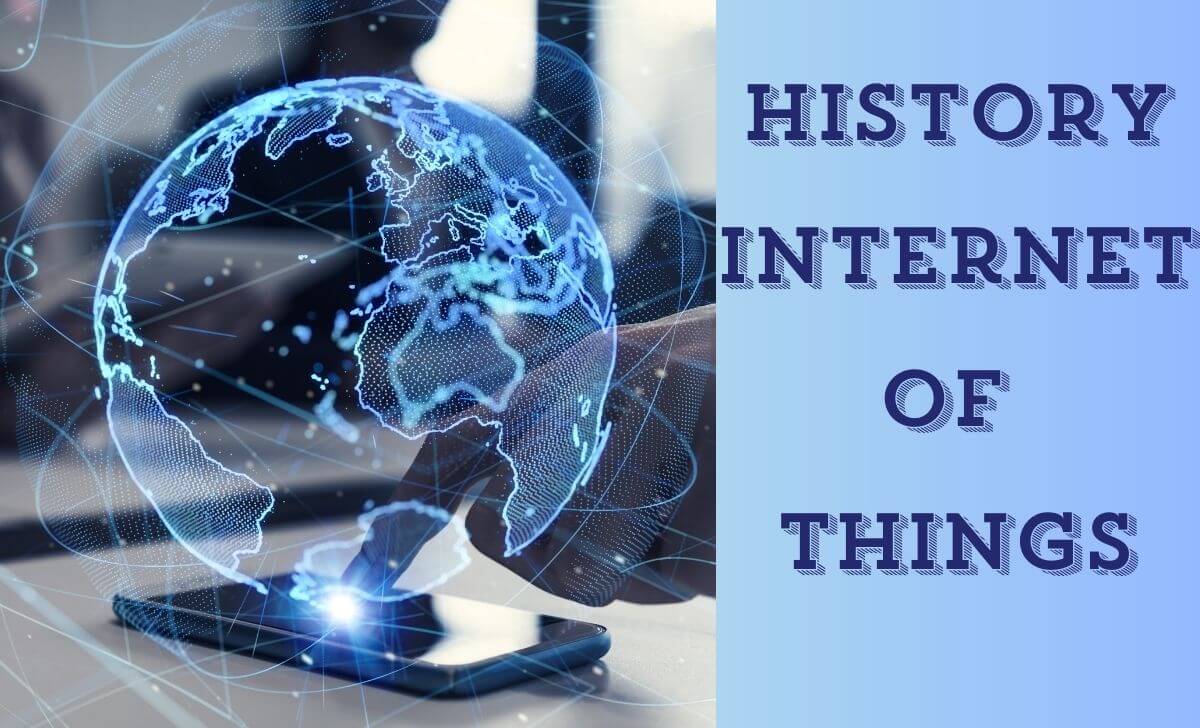
Important milestones in the history of IoT
- 1982: The first vending machine connected to the Internet was created, laying the foundation for the development of IoT.
- 1999: The term Internet of Things was coined by Kevin Ashton, a researcher at Procter & Gamble.
- 2008: Apple launched the iPhone, a smart device that pioneered Internet connectivity and paved the way for the popularity of smartphones.
- 2010: The IoT trend began to explode, with a surge in IoT devices sold on the market.
- 2015: The emergence of IoT platforms such as Amazon Web Services and Microsoft Azure facilitates the development of IoT applications.
Some knowledge related to Internet of Things (IoT) wallets that you can refer to: ERC-20, Metamask, Jasmycoin,…
Structure of an IoT system
The architecture of an IoT system consists of four main components:
- Things: These are sensors, devices and machines that collect data from the environment. They can be temperature sensors, health monitors or smart home appliances.
- Gateways: Gateways receive data from devices and transmit them to the central system. They act as a bridge between IoT devices and the infrastructure network.
- Network and cloud: This includes the connection network (such as Wi-Fi, 4G/5G) and cloud services. The network infrastructure ensures that data from devices is transmitted efficiently and stored on cloud servers.
- Services-creation and solution layers: This is where data is analyzed and processed to create valuable information. Analytics services and applications help make decisions and solutions based on collected data.
Advantages and disadvantages of IoT
Advantages
The Internet of Things offers many benefits but also comes with some challenges:
- Increased efficiency: IoT helps automate many tasks, thereby saving time and costs for users.
- Increased productivity: IoT devices can help increase productivity in many areas such as agriculture, manufacturing and system operations.
- Improved quality of life: IoT brings many conveniences to everyday life, from smart homes to healthcare.
- Efficient resource management: IoT helps monitor and manage resources such as energy and water more efficiently. Additionally, IoT devices can interact with dapps to streamline various processes.
Disadvantages
- Security and privacy: IoT devices often collect and transmit large amounts of data, making them vulnerable to cyberattacks and privacy breaches.
- Complexity: Deploying and managing IoT systems requires a high level of expertise and can be technically challenging.
- Initial investment costs: While IoT can help reduce operational costs, the initial investment costs for IoT devices and infrastructure can be quite high.
- Compatibility: IoT devices from different manufacturers may not be compatible with each other, making integration and management difficult.
Why is the Internet of Things important?
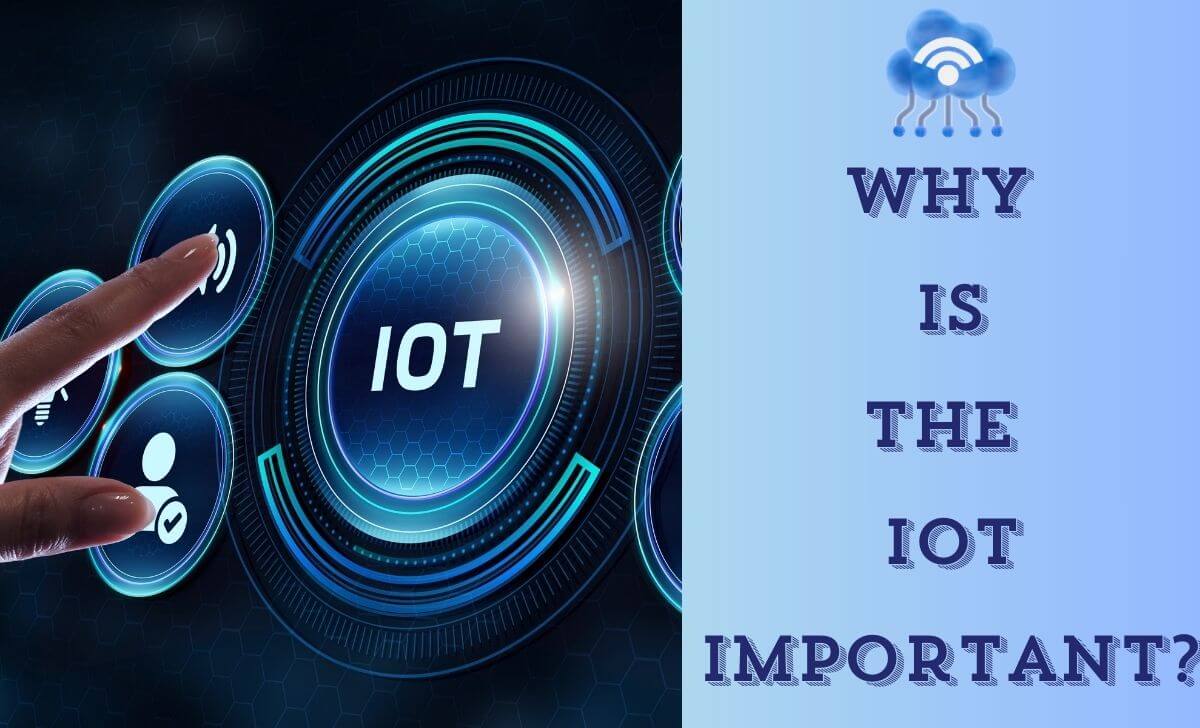
The Internet of Things is important because it connects physical objects embedded with sensors, software and other technologies to the internet, enabling them to collect and exchange data. This connectivity brings several significant benefits:
- Automation: IoT devices can automate routine tasks, optimize energy consumption and enhance overall efficiency. For example, smart grids can dynamically balance energy supply and demand.
- Real-time data and predictive maintenance: IoT provides access to real-time data, which can be used for predictive maintenance and timely decision-making. For instance, sensors in industrial equipment can detect early signs of wear and tear, allowing for timely repairs and minimizing downtime.
- Enhanced customer experience: In sectors like retail and services, IoT solutions can improve customer engagement and experience. Smart devices can personalize services and provide real-time updates.
- Sustainability: IoT can contribute to sustainability by optimizing resource usage and reducing waste. Smart agriculture, for example, uses IoT to monitor soil conditions and optimize water usage.
- Integration of digital and physical worlds: IoT integrates the digital and physical worlds, driving automation and data-driven insights across various domains, such as smart cities, industries and personal devices.
Crypto use cases in IoT
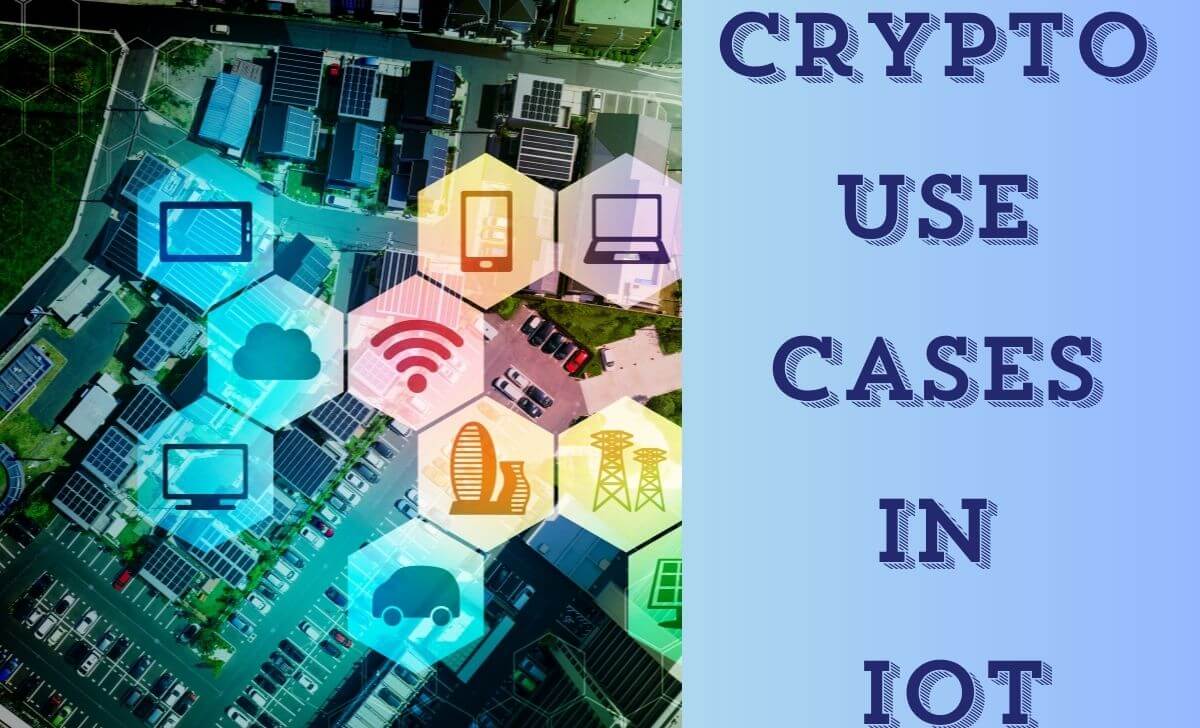
The combination of Crypto and IoT technology offers many potential applications in various fields:
- Supply chain management: Blockchain can track the entire production and distribution process of products, from raw materials to final products. This helps ensure transparency and minimize fraud.
- Data security: IoT devices often collect and transmit large amounts of data. Blockchain can protect this data by encrypting and storing it in a distributed manner, preventing cyber attacks.
- Smart contracts: IoT devices can automatically execute transactions and smart contracts without human intervention. This helps increase efficiency and reduce operating costs.
- Energy management: In smart energy systems, blockchain can help manage and distribute energy more efficiently, thereby reducing waste and optimizing energy usage.
- Healthcare: Blockchain can help track and manage patient data from medical IoT devices, ensuring data integrity and security.
For more updates on the integration of Crypto and IoT technologies, visit AZcoin – Best Crypto Exchange 2024.
Conclusion
Above is an introduction to the Internet of Things (IoT) and its importance in different fields. Hopefully, the article has helped you better understand how IoT is changing the world and the benefits it brings.

I’m Jessi Lee, currently living in Singapore. I am currently working as a trader for AZCoin company, with 5 years of experience in the cryptocurrency market, I hope to bring you useful information and knowledge about virtual currency investment.
Email: [email protected]

